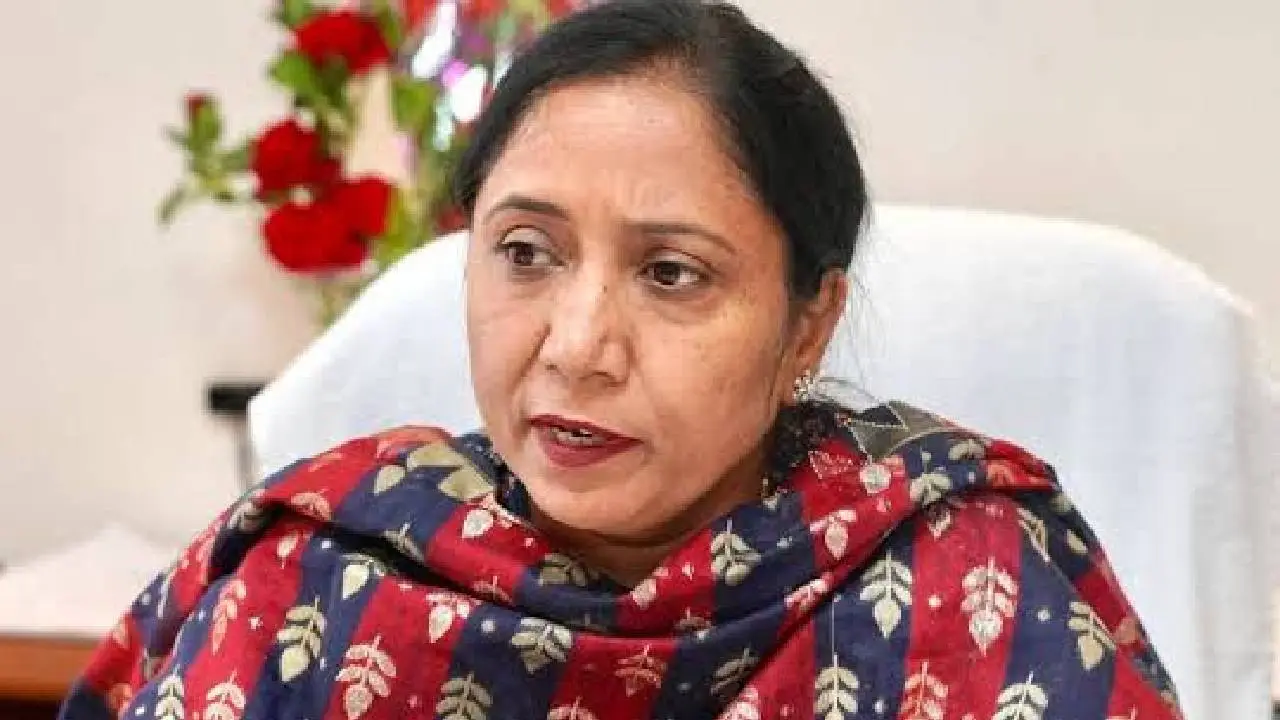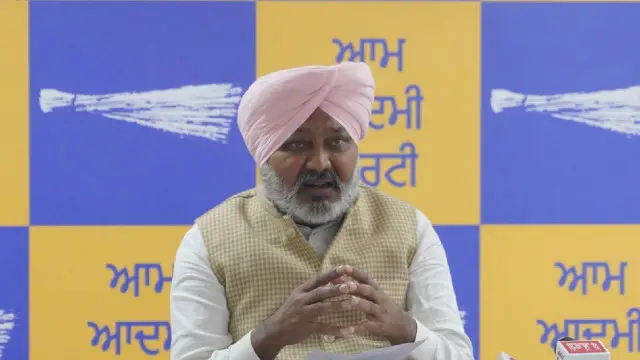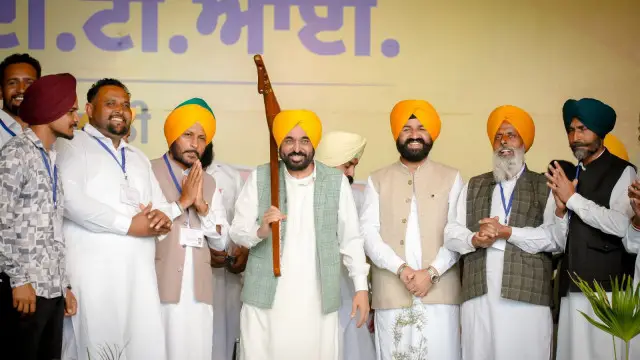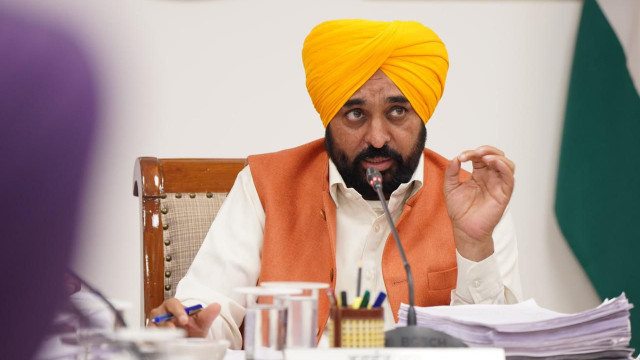Punjab Invests ₹54 Crores In Free Pads, Establishing Landmark Breakthrough In Women’s Health Nationwide
Punjab’s ‘Navi Disha’ scheme marks a major shift in public welfare, investing ₹54 crores to deliver free high-quality sanitary pads monthly to 13.65 lakh women with full digital monitoring.

Punjab News: Punjab has moved away from paperwork-based schemes to direct public benefit delivery. Earlier programs under past administrations faced criticism for poor-quality pads and irregular supply. Women reported discomfort and infections due to substandard materials. Instead of repeating previous flaws, the Mann government designed a results-driven structure. Every rupee spent is tracked to ensure proper distribution.
This transformation focuses on ground-level execution rather than official documentation. Punjab’s intention is to bring visible improvement in women’s health and confidence.
What Makes The ‘Navi Disha’ Scheme Unique?
Under this initiative, women receive nine soft, safe and biodegradable pads every month. Delivery is managed through 27,313 Anganwadi centres across the state. Approximately 13.65 lakh women are covered consistently. The system uses digital tracking via apps and dashboards for real-time monitoring. This eliminates misuse, leakage or delays. Quality-checked products are distributed to ensure maximum hygiene. The initiative aligns health safety with environmental responsibility.
Does Increased Funding Reflect Strong Commitment?
The government allocated ₹53 crores to this scheme, indicating genuine intent toward female welfare. Unlike previous schemes where money remained limited to official files, this investment directly reaches beneficiaries. The focus is not just on supply but also on dignity and well-being. Feedback from women suggests increased self-assurance during menstruation. Authorities believe strategic expenditure on health support improves social productivity. The government has positioned investment as empowerment rather than cost.
Can Punjab Become A National Reference Model?
Punjab’s system outperforms several larger states in hygiene distribution. Uttar Pradesh faces interruptions and reliance on cloth. Bihar and Jharkhand struggle with low hygiene awareness and weak logistics networks. Madhya Pradesh and Rajasthan report frequent stockouts and delivery gaps in rural areas. Punjab overcomes these issues through digital monitoring and monthly supply assurance. Unlike inconsistent implementation seen in Odisha and Chhattisgarh, Punjab maintains structured, cabinet-approved standards. Experts consider it a scalable model for nationwide adoption.
What Do Beneficiaries Say About The Impact?
Women from remote areas have expressed strong approval. One user shared that earlier, menstrual days caused shame and work absence due to poor access. Now Anganwadi workers deliver pads to her doorstep every month. She believes the government understood their silent struggle and restored dignity. Such stories reflect real community-level changes. Women are now able to work confidently without health-related interruption. The scheme has brought practical relief.
How Does It Improve Quality Over Past Schemes?
The previous ‘Udaan’ program reportedly spent ₹40.55 crores annually but often provided foul-smelling, low-quality pads. Beneficiaries suffered infections instead of receiving relief. Funds largely existed in documentation rather than impactful supply. The current approach ensures supervised delivery of safe and eco-friendly material. Product standards are digitally verified to prevent health risks. Punjab’s method promotes reliable service over theoretical project reporting. This builds trust and accountability.
Is This A Reflection Of Effective Governance?
Experts view ‘Navi Disha’ as evidence of transparent and responsible leadership. The scheme combines dignity, health assurance and consistent service delivery. Punjab moves beyond temporary measures and focuses on structured, long-term impact. Implementation covers urban as well as rural regions effectively. Women now approach work and social spaces with confidence instead of hesitation. This initiative highlights Punjab’s advancement in health empowerment and sets a strong national example.












